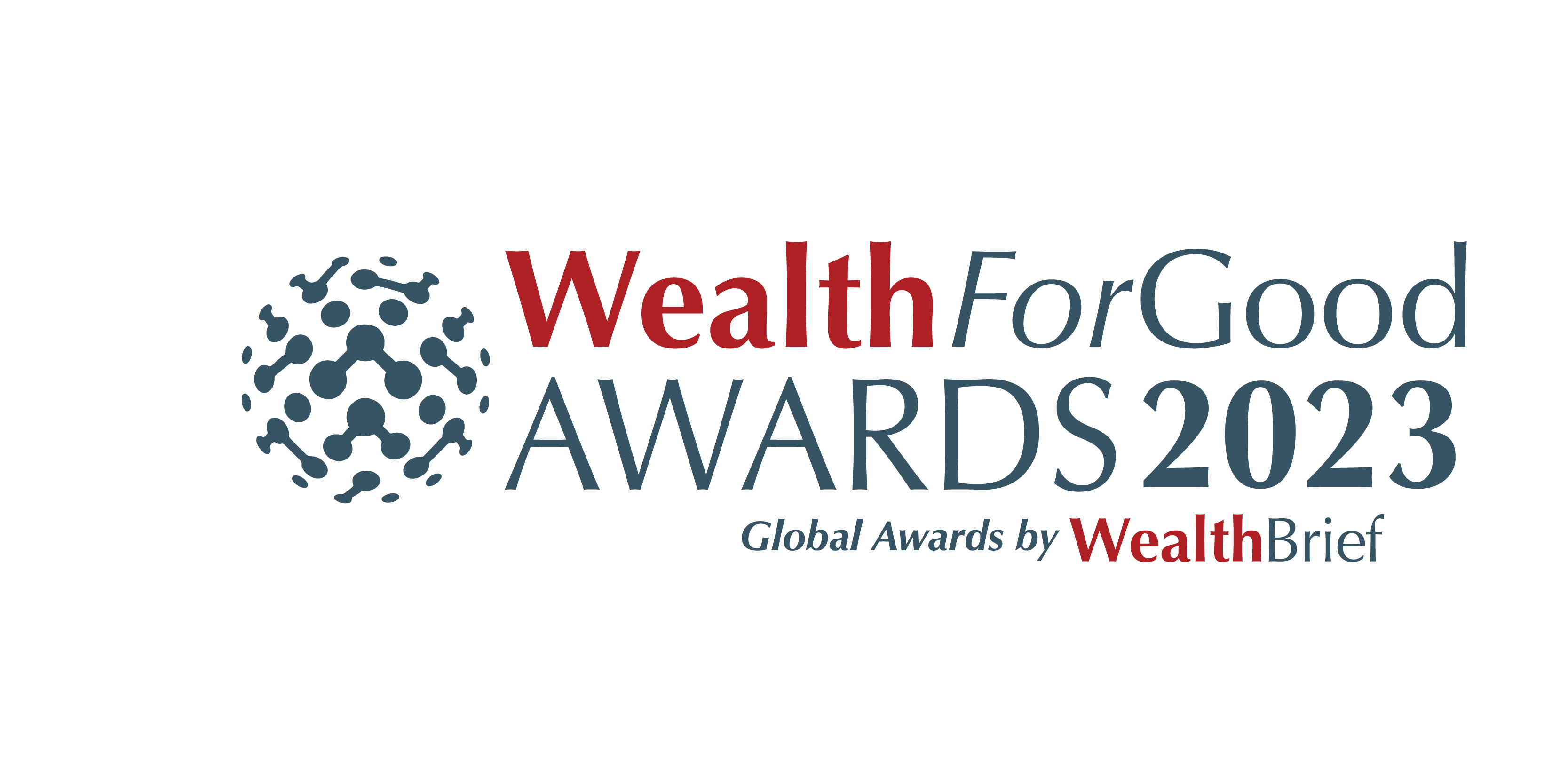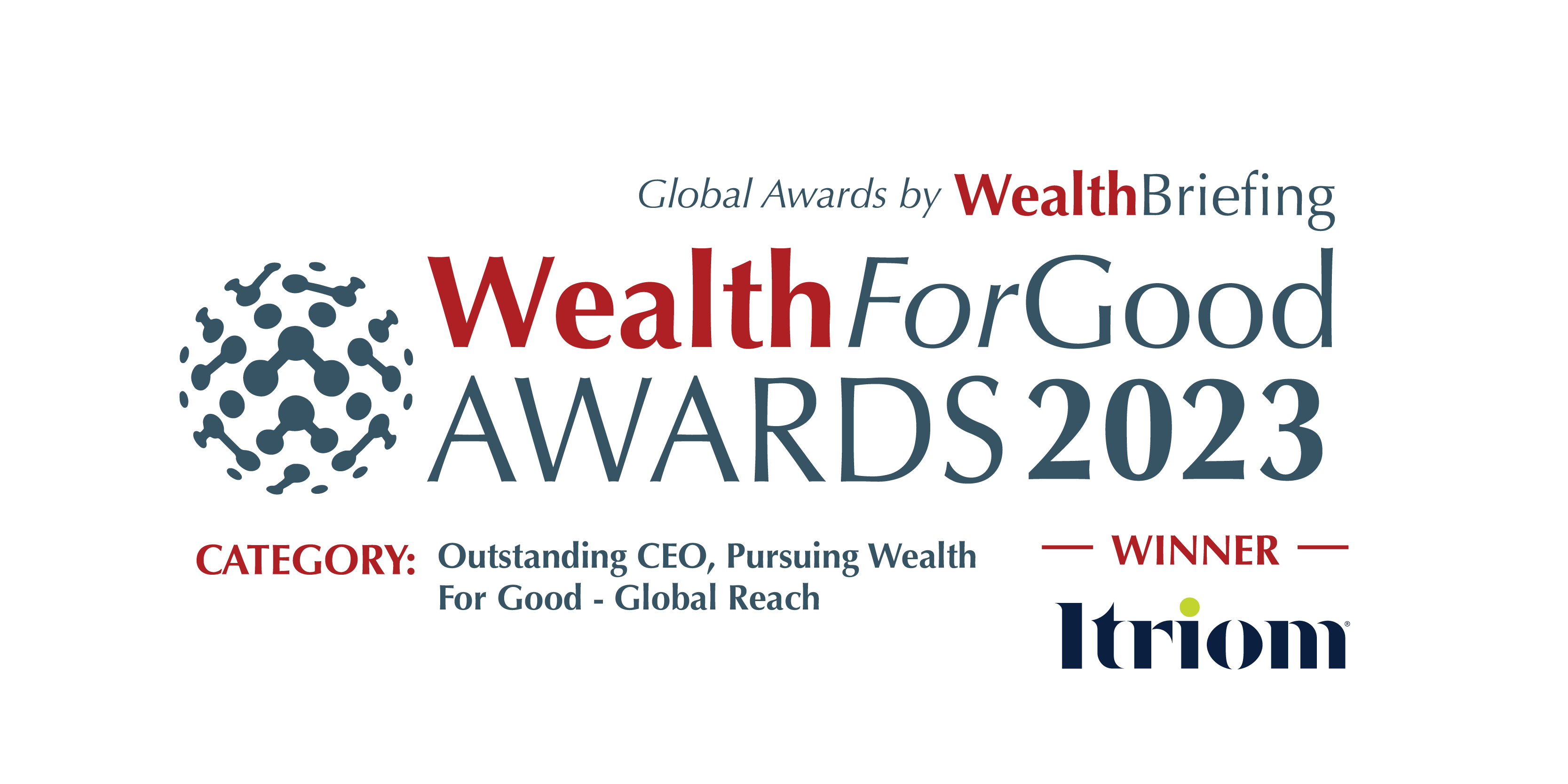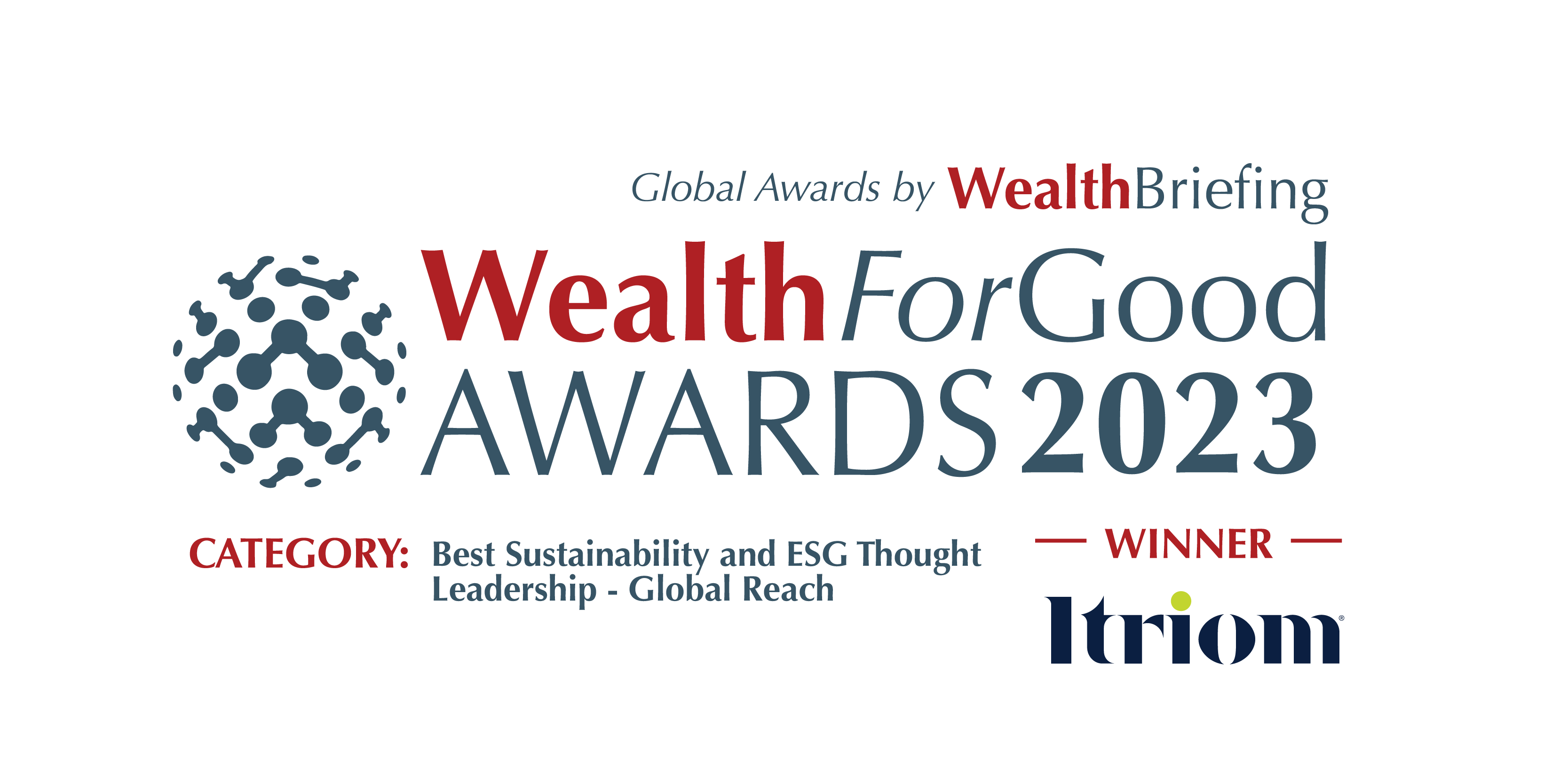Values differentiate us through the behaviour they inspire, by what we believe in, what we consider right and wrong. They’re present in how we run our businesses and lead our families, embedded in how we treat people, even in how we speak. In a fundamental way, values are what make us who we are. They’re the raw material of being human.This all seems straightforward enough if we’re talking about our personal values and what makes us tick.
It’s worth taking a moment to ask if we see all values in the same way. What happens in a corporate or brand context?
Or possibly, most contentious of all, what happens when we try to align our values inter-generationally across our family and family offices? There is certainly a debate to be had on the potential distinctions between individual, corporate and family values and why some fit one sphere better than another.
Much of this is around the different kinds of responsibility brands have to their audiences and consumers rather than the dues we owe to ourselves and our families. Essentially though, it’s the same question: If we have these values, how do we behave?
The answer matters. To reference just one audience example, 83% of the millennial demographic make buying decisions based on how closely a brand’s values align with theirs. That figure adjusts to 70% for consumers in general. It seems we expect something more from our brands than the simple delivery of a product or service. Increasingly, we expect them to behave responsibly and well.
Is it any different at home?
For probably very obvious reasons, 75% of family businesses in the Middle East have a clearly articulated set of values. What’s more, these businesses believe their values have helped them overcome challenges and set-backs and do better business.
That figure is 70% for the rest of the world. Not just low in comparison, but low in practice and plenty of room for improvement. Allowing for industry or business specific demands, we would look for reflections between business, individual and family values. After all, if you’re honest in business, we’d hope you’re honest in your personal life.
Our view is that family values place a different kind of multi-layered commitment on the individual. They’re more deeply personal than corporate obviously. Arguably more challenging as they usually bring more far-reaching responsibilities. And they’re unique in the sense that family values must apply to the individual as well as to the family across all the generations, thereby requiring a high level of collective agreement and empathy.
Put another way, suddenly your actions and decisions are not simply about you. They’re about you and your siblings, parents, dependents and descendants. They’re about investments and business going forward, they’re about agreed philanthropy. They’re about how the family and the world it’s part of sustains itself in the face of climate change, financial uncertainty and political upheaval. All pretty much the ingredients of a legacy.
Individually, we often don’t articulate our values until life and circumstances confront us with the need for intense self-scrutiny. Itriom is the antidote to working out your life and legacy in a crisis.
Our unique process is built on the principles of understanding and anticipating.
Our proprietary matrix enables you to identify your values, define them and attach specific actions and behaviours to each. Or if you like, attaches specific commitments to you about how you should behave going forward.
We don’t believe in values as a comfort blanket. We believe in them being challenging, aspirational and demanding. No-one should be in any doubt as to what they involve. If they’re easily attainable, you’re sleepwalking.
Key to bringing about inter-generational connection and commitment is not simply aligning values. It is also Itriom’s role in being the objective enabler. The value set we have helped you define is rational, durable and appropriate.
Integrated into that objectivity is our unique IP which scientifically links your values to ESG commitments and Sustainable Development Goal (SDG) ambitions. Which research the world over has shown to be fundamental to cementing ties between generations and securing the future of the family business and investment portfolio.
So far we have talked entirely about values. Fundamental as they are, they need a home. And that’s what we call purpose.
The Harvard Business Review defines purpose as “what gives your work and life meaning and importance – a sense of impact, depth and direction”.
We wouldn’t disagree. Merely add, that to put it another way, it’s the ‘why’ of what you do. And that to execute the why, you need values directing your behaviour.
So, a purpose contains and is motivated by values. As described by some, purpose and values are the glue that holds the family generations together, the family business together, and populates the SDG / ESG commitments the values have inspired.
Why does this matter?
Firstly let’s make no distinction between family office and family. Then see the following in that context.
Only 12% of family businesses survive to the third generation of ownership. The difference between survival and failure is today seen as down to the existence of strong shared values. Their ability to engage the next generation and enrol them in a family wide purpose is seen as crucial.
Likewise, getting involved in sustainable or SDG / ESG investments is currently happening at just 36% of family offices.
Put simply, the payback for investing in your values in a sustainable way is massive financially. It is also strategically and personally rewarding by giving the next gen a genuine involvement and voice in the future.
And that’s where the future of the family itself is.
Values also decide the philanthropic, social and environmental initiatives the family will commit to. We don’t need to explain initiatives here, just underline that without values and purpose there would be none. And therefore, no impact on some of the world’s most pressing issues.
As we’ve said, values need a place in which to work, and that is purpose. But a word or two of warning. In the corporate brand world, purpose has lost some support. In a bit of a muddle, promise and mission have also lost value. Some people seem to be happy to have no explanation why a brand exists other than to make money. As short-sighted as that view is, much of this disenchantment has been driven by the brands themselves.
For instance the manifestly cynical Tesla purpose: “to accelerate the advent of sustainable transport by bringing compelling mass market electric cars to market as soon as possible.” Or the obvious nonsense of Starbucks: “To inspire and nurture the human spirit — one person, one cup and one neighbourhood at a time.“ Neither withstand much scrutiny.
Compare them to the simple and truthful Patogonia: “build the best product, cause no unnecessary harm, use business to inspire and implement solutions to the environmental crisis.” Then do the simple thing and live up to it. Patagonia’s repair service is a brilliant example.
The purpose hasn’t lost ground because it is wrong. It has fallen out of favour because a generally younger, educated, informed and media savvy audience has seen through those who are just pretending. Especially in the case of sustainability and environmental issues.
Our view is straightforward. Trust and believe in your values and put them to work with an honest, clear and simple purpose. No matter how challenging that might be.
It’s the role of the Itriom platform after all.
While we believe in the value of values, that’s only the beginning. Values need to be put to work by a central organising drive, and that’s the role of purpose.
Together, values and purpose unite families, reaffirm their identity and direct their investment in business and philanthropy.
As the business world becomes more aligned with sustainability, its focus shifts from purely profit to profitable purpose. In every respect, the future of the family and the future of the planet is wrapped up in the values we chose to live by.




© 2023 Itriom Limited. Company Registration Number 134815 Jersey Financial Services Commission. Registered Office 9 Bond Street, St Helier, Jersey, JE2 3NP
ESG Consultant
Alizah is an ESG Consultant and researcher. She supports Itriom developing sustainability related products and services, helping our clients identify potential opportunities for creating positive environmental, social and sustainable impact.
ESG Analyst
Georgie is an ESG Analyst and researcher. She researches trends, develops insights and reports, and writes insight articles on sustainability and ESG related topics to ensure Itriom’s clients are up to date on the latest policy, progress and initiatives to inform the platform and help our clients maximise their positive impact.
Senior Partner
Practice Leader – Leadership & Resilience
Renowned family office thought leader, Tim works with UHNW families to ensure they are fully equipped to deliver their legacies inter-generationally and effectively.
Associate Partner
Practice Leader – Sustainability
Dr. Herb creates methodologies and frameworks for managing, measuring and assessing sustainability performance. His work identifies where maximum impact can be made.
Senior Partner
Practice Leader – Geostrategy
Simon harnesses research, liaison and networks globally to identify opportunities for Itriom, building the knowledge needed to deliver intergeneration legacies for UHNW families.
Managing Partner
Practice Leader – Strategy